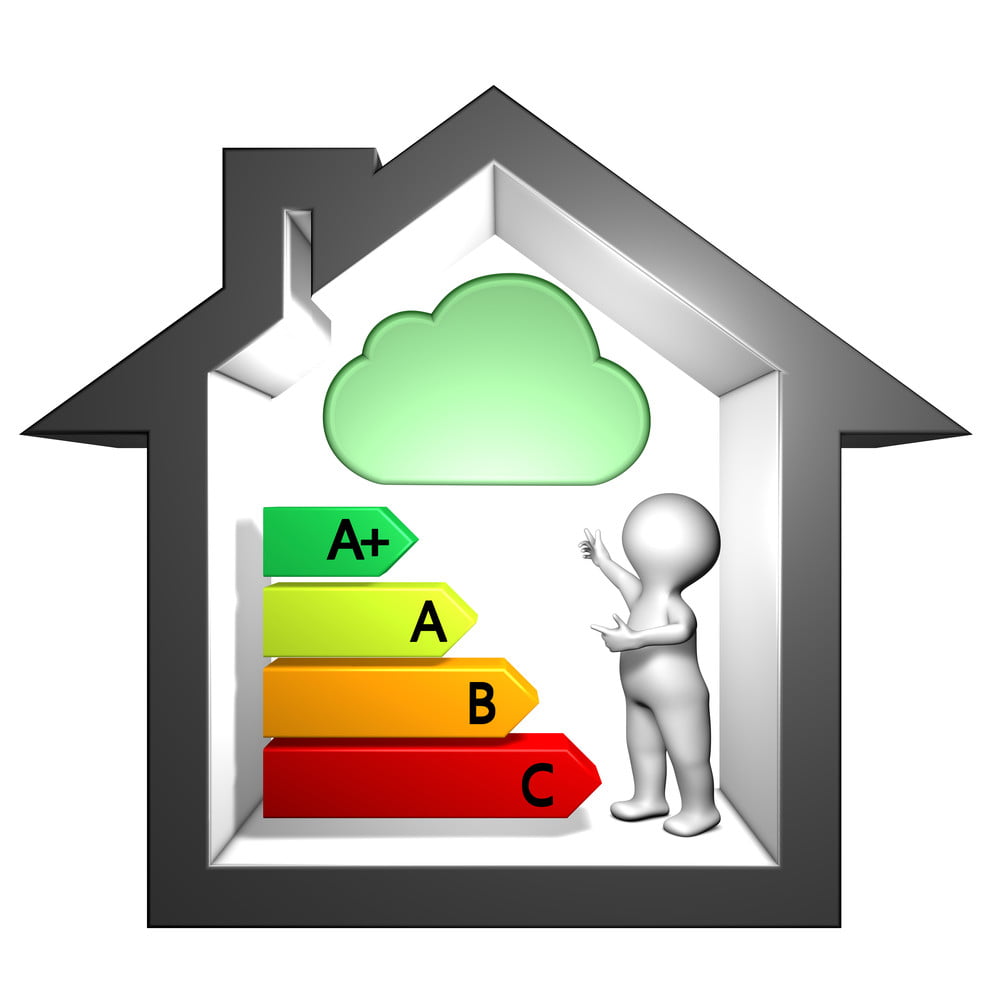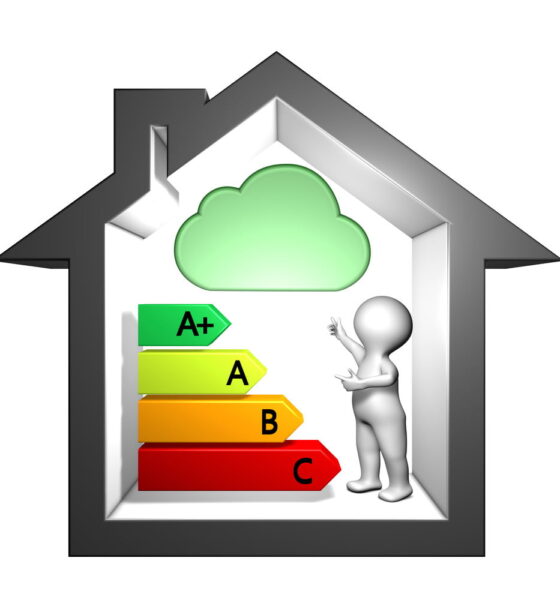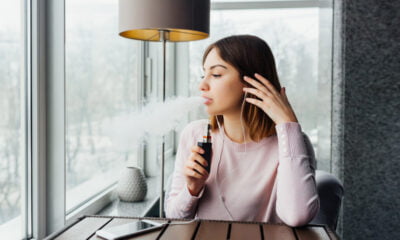

Editors Choice
7 Eco-Friendly Solutions for Improving Indoor Air Quality
Indoor air quality is much more important than most people believe. The average American spends 87 percent of their life indoors, according to the EPA. If we’re not outside getting fresh air, then it’s essential to do everything we can to improve the quality of the air inside our homes and offices. Here are seven eco-friendly ways to do that without emptying your wallet in the process.
1. Go Green — Literally
Going green, in this case, doesn’t refer to using eco-friendly products or separating your recyclables. When it comes to improving air quality, the concept of going green is a little more literal. Adding plants to your home can help improve interior air quality naturally, at the cost of a bit of water a few times a week. According to NASA, some plants are better than others for this task. To find the best plants for cleaning the air in space, the agency compiled a list of common houseplants that can be used to remove everything from benzene and ammonia to formaldehyde from the air around them.
Most of these plants, from snake plants to English ivy, can be picked up at your local nursery for a few dollars each. Plus, research has shown that keeping houseplants can improve your mental health, so it’s a win-win.
2. Leave Your Shoes Outside
How many of you reading this wear your shoes all the time, even if you’re in the house? If this sounds like you, you’re not alone, but you may also be contributing to the poor air quality within your home. When you wear your shoes indoors, you’re tracking in everything you’ve stepped in during the day, from dust and pollen to dangerous chemicals. These molecules are cast into the air every time you take a step.
Start by leaving your shoes on the porch or just inside your front door. If you need to have something on your feet, keep a pair of slippers or house shoes that you can wear while you’re indoors. This little change can improve the quality of the air in your home without costing you a dime.
3. Call a Professional
If you’re trying to save money, it might be tempting to try to repair your home’s HVAC system on your own. This kind of DIY is only a good idea if you’re an HVAC professional. Otherwise, you may find yourself in over your head with the system’s high voltage power and dangerous refrigerants. One improperly tightened seal could leak coolant into your home, severely compromising your interior air quality and putting both yourself and your family at risk. Releasing refrigerant into the atmosphere is also dangerous for the environment.
Calling a professional, licensed technician might be expensive, but when it comes to your home’s HVAC system, it is the most eco-friendly option available.
4. Eat Organic
Adding organic fruits and vegetables to your diet isn’t just a great way to avoid ingesting pesticides or other dangerous chemicals — it can also help to protect the air quality of your home. The compounds that preserve traditionally farmed produce can permeate the air around them, especially if you leave some of your fruits or vegetables in bowls or on the counter rather than in the fridge.
Going organic might be a little bit more expensive than buying regular grocery store fruits and vegetables, but in the long run, it’s better for your health and the air quality in your home.
5. Fix Those Leaky Taps
Areas that don’t get a lot of foot traffic, like your basement or utility room, might have leaky taps that are ignored. Even minor leaks can be detrimental to your interior air quality, though. The damp environment created by those leaks creates the perfect breeding ground for mold and mildew. Both of these organisms release spores into the atmosphere that can cause allergies and exacerbate existing breathing problems like asthma and COPD.
Depending on the severity of the leak, you may be able to do these repairs yourself. For anything you’re not sure about, it’s always a good idea to call a professional. As a bonus, repairing those leaks will reduce your home’s water usage, which is also eco-friendly.
6. Quit Smoking or Head Outside
Tobacco smoke is one of the most significant contributors to indoor air pollution. While it is illegal to smoke or vape indoors in public places, no such rules exist for private homes. Quitting is the best thing you can do to improve the air quality in your home, but if that isn’t an option, then taking your habit outside can help keep your interior air cleaner.
Secondhand smoke is dangerous to human health, so keeping it out of your home can help improve the health of everyone who lives there.
7. Limit Products With VOCs
Volatile organic chemicals (VOCs) appear in many products you might use every day, from your aerosol hair spray to the cleaning products beneath your sink. To make your home a little bit more eco-friendly while improving interior air quality, limit the number of VOCs in your home. With so many eco-conscious consumers making educated decisions about the products they buy, it’s easier than ever to find green cleaning and beauty products.
Do a quick search for low-VOC products, and you’ll be surprised at how many options are available for you to choose from. They may cost you a few dollars more than the chemical-based alternatives, but when it comes to eco-friendly options that are also wallet-friendly, you can’t do much better than this.
Conclusion
You don’t have to empty your wallet to improve the quality of the air in your home or business. It can be as simple as adding some greenery to each room or swapping out your bleach and ammonia cleaners for green alternatives.


 Environment12 months ago
Environment12 months agoAre Polymer Banknotes: an Eco-Friendly Trend or a Groundswell?

 Features11 months ago
Features11 months agoEco-Friendly Cryptocurrencies: Sustainable Investment Choices

 Features12 months ago
Features12 months agoEco-Friendly Crypto Traders Must Find the Right Exchange

 Energy11 months ago
Energy11 months agoThe Growing Role of Solar Panels in Ireland’s Energy Future




























